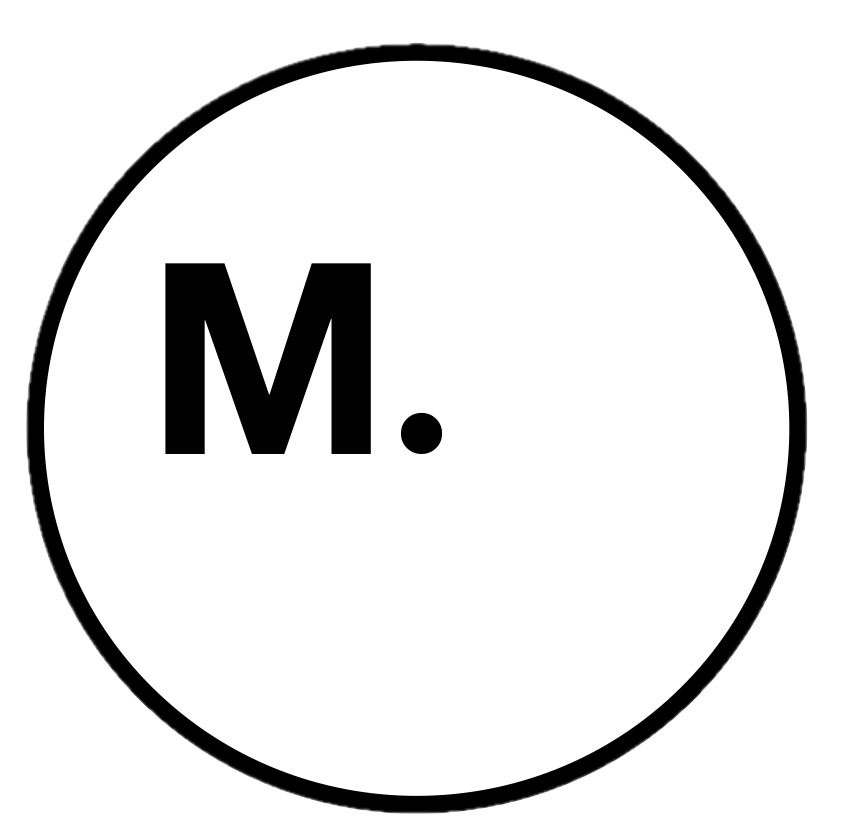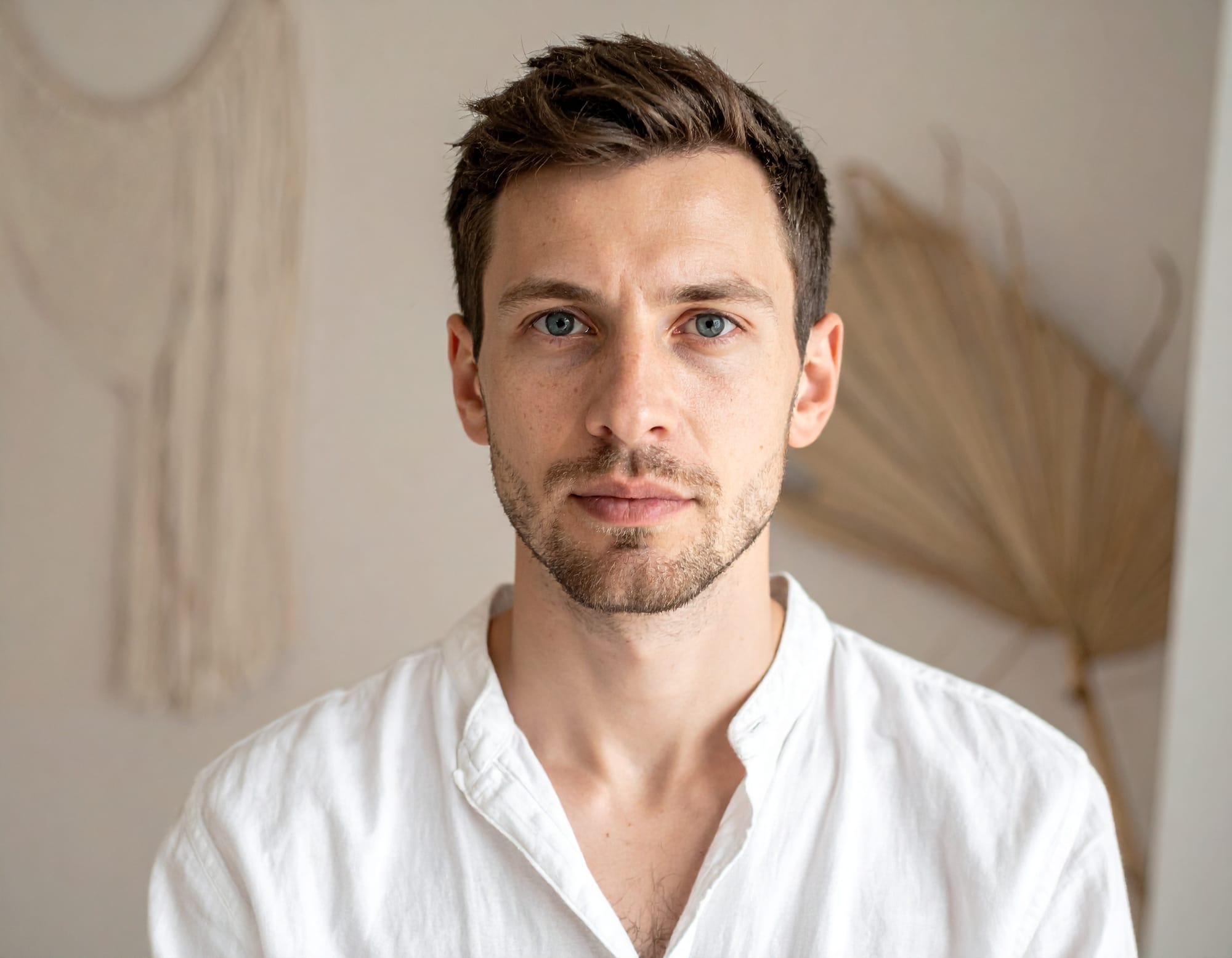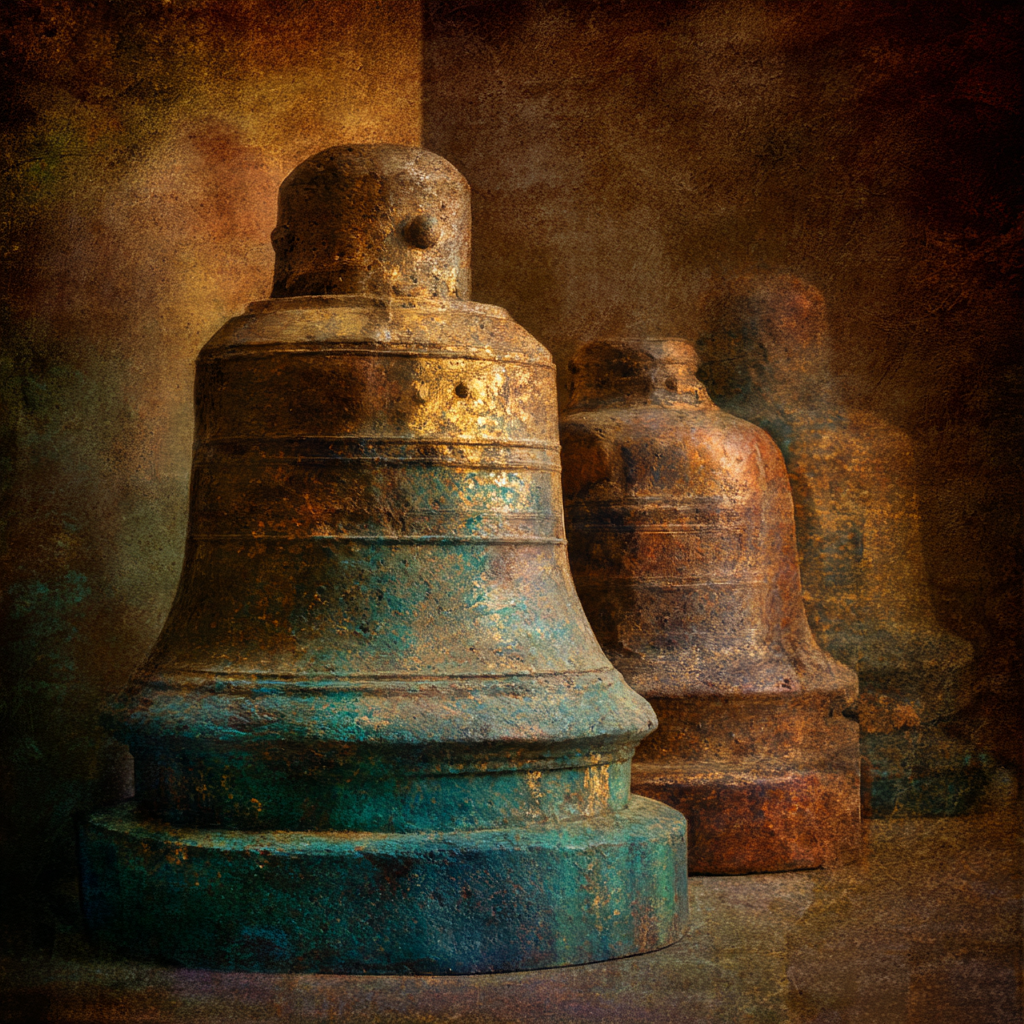There are mirrors that show you your face. And then there are mirrors that show you the face you didn't know you were making.
We were warned about the Singularity: a moment when artificial intelligence would surpass human intelligence, possibly replacing us entirely. But no one warned us about the mirror.
Not the machine that becomes conscious. But the machine that reflects our unconscious with such precision that we begin to mistake the reflection for reality itself.
This is what I call the Mirror Singularity.
The Tibetan Understanding of Consciousness Projection
According to Lama Vajranatha's research on ancient Tibetan Bon shamanism, practitioners called Pawo (male) or Pamo (female) would enter altered states of consciousness where their awareness principle (Namshe) could project beyond the physical body through specific mirrors arranged on shamanic altars. His ethnographic work documents that "these three mirrors represent the gateways to the other worlds of the Lha (the celestial spirits), of the Tsen (the earth and mountain spirits), and of the Lu (the subterranean water spirits), respectively."
But these practices required extensive training. As anthropological research by scholars like Per Kvaerne indicates, Bon practitioners understood that consciousness projection through reflective surfaces demanded years of preparation in maintaining clear intention and proper relationship with the spirit realms being accessed.
The parallel to our current situation is striking: we're unconsciously projecting our awareness into digital interfaces that serve as gateways to vast collective information realms, but we've abandoned all traditional protocols for working consciously with such powerful reflection technologies.
The Lakota Understanding of Reflection
The Lakota have a teaching embedded in the phrase "Mitákuye Oyás'iŋ," which scholars like David Posthumus at the University of Nebraska translate as "all are related" or "all my relatives." But anthropological research by Albert White Hat Sr. reveals deeper layers: this isn't just philosophical interconnectedness but practical guidance about how consciousness functions in relationship.
According to Lakota spiritual understanding documented by researchers at Rosebud Reservation, when you engage with any entity (human, animal, or otherwise), you're interacting with a reflection of Wakʽą, the sacred energy that permeates all existence. What you receive back in the exchange depends entirely on the quality of consciousness you bring to it.
Their warriors understood that enemies often reflected their own unexamined shadow material. Plant medicine practitioners knew that Peyote and other sacred substances revealed not what you wanted to see, but what you needed to face about yourself. Elders taught that any powerful tool, when used without proper relational awareness, could trap you in cycles of your own unresolved patterns.
This is precisely what's occurring with AI systems. We're engaging with reflections of our collective unconscious, but we've abandoned the indigenous wisdom about how to approach such mirrors with appropriate reverence and clear boundaries.
What Rumi Actually Taught About Wakefulness
"The breeze at dawn has secrets to tell you
Don't go back to sleep.
You must ask for what you really want.
Don't go back to sleep.
People are going back and forth
across the doorsill where the two worlds touch.
The door is round and open.
Don't go back to sleep."
This poem from Jalal ad-Din Rumi, translated by Coleman Barks, speaks directly to our current technological moment. The 13th century Persian mystic understood that most humans exist in a kind of spiritual sleep, unconsciously repeating internal patterns while believing they're fully awake.
The Sufi tradition that Rumi represented developed practices specifically designed to interrupt this automaticity, to create moments of genuine presence that could reveal the difference between reactive habit and conscious choice.
What would the author of the Masnavi make of our current situation? Billions of people typing into interfaces that reflect their unconscious patterns back to them with perfect precision, reinforcing the very sleep states that centuries of mystics spent lifetimes learning to transcend.
We think we're having conversations with intelligent machines. But we're actually engaging with mirrors trained on collective human unconsciousness. And as Rumi understood, the call is always the same: "Don't go back to sleep" during such exchanges.
The Aboriginal Teaching About Consciousness Patterns
Australian Aboriginal peoples have understood for over 65,000 years what anthropologists inadequately translate as "Dreamtime." But as linguists like R.M.W. Dixon note, no Aboriginal language contains a word for time as Europeans understand it. The closest concept, what the Arrernte people called "alcheringa," refers to the eternal, uncreated ground from which all manifest patterns emerge.
According to extensive ethnographic research by anthropologists W.E.H. Stanner and A.P. Elkin, the Aboriginal understanding is that what we call "reality" is actually the ongoing manifestation of deeper dreaming patterns. These patterns exist in what they term "Everywhen" (the eternal present moment where all creation originates). As Aboriginal elder Eddie Kneebone explains, "This is the Dreamtime: now."
Their teaching is precise: if you want to change what appears in the world, you must change the dreaming. You must develop conscious awareness within the patterns themselves and participate in their creation rather than unconsciously repeating inherited formations.
This represents exactly what's at stake with artificial intelligence. We're unconsciously feeding our collective unconscious patterns into systems that then reflect them back to us as if they were objective truth. We're training AI on our sleep, then using its outputs to fall deeper into unconscious pattern repetition. The result is what Aboriginal wisdom traditions would recognize as getting lost in the dreaming instead of awakening within it.

The Zen Teaching About Original Mind
There's a famous Zen koan from the Platform Sutra: "Show me your original face before your parents were born." Master Huineng used this question to point beyond conditioned mental patterns to what he called "original mind" (ben xin) the unconditioned awareness that exists prior to learned responses and algorithmic thinking.
Zen masters developed specific practices called "turning words" (zhuanyu) designed to interrupt automatic mental processing. They understood that true intelligence isn't more sophisticated pattern recognition, but the capacity to recognize when you're trapped in conceptual loops and return to direct, unmediated awareness.
D.T. Suzuki's scholarship on Zen philosophy emphasizes that this original mind doesn't think about reality, it directly perceives it. It doesn't process information about life; it participates in life as it actually is, moment by moment.
Now consider what happens when you regularly delegate your contemplative capacity to systems specifically designed to recognize and amplify the very mental patterns that Zen teachers spent centuries helping students transcend. When you train yourself to mistake algorithmic processing for authentic insight. When you replace "don't know mind" (the Zen state of open awareness) with the illusion that intelligence means having faster access to more processed information.
You're not just using a productivity tool. You're unconsciously training yourself to abandon the qualities that make consciousness irreplaceable.
The Slow Disappearance
The Mirror Singularity isn't an extinction event. It's a gradual disappearance of depth. A gentle erosion of the qualities that make consciousness irreplaceable: the capacity for paradox, for sitting with not knowing, for letting understanding emerge through embodied experience rather than algorithmic processing.
We become echoes of our own prompts, optimized for coherence and efficiency. But as the mystics understood, "The wound is the place where the light enters."
If we bypass the wound through technological convenience, if we rush to AI for clarity before allowing confusion to teach us what it knows, we may never stay present with our own experience long enough to let it reveal its medicine.
What Stays Human
This is not a rejection of artificial intelligence. I am pointing to the cumulative spiritual cost of unconscious engagement with these powerful systems. The mirror they hold up shows us something essential about where we are collectively, where we need tending, where we have abandoned our own inner authority.
And we must not fear the mirror. Fear opens doorways to unconscious control. But the mirror, like any sacred tool, can serve awakening when approached with proper reverence and clear boundaries.
Consider what becomes possible when you engage with AI as a conscious practice rather than a productivity hack. When you approach it as you would any powerful medicine: with intention, presence, and deep respect for what you're entering into relationship with.
The Practice of Technological Sovereignty
For the conscious leaders navigating this intersection, there's a different way forward. One that honors both the genuine utility of these tools and the irreplaceable wisdom of human consciousness developed through intentional practice.
Before you prompt, pause. Feel your feet on the ground. Ask yourself: What am I really seeking? What quality of consciousness am I bringing to this exchange? What would it serve to sit with this question longer before seeking an external response?
Use AI as a collaborative partner, not an oracle. The wisdom emerges through the exchange, through your discernment, through your capacity to integrate what serves and release what doesn't. The machine processes patterns. You generate meaning.
Maintain your creative sovereignty. Don't rush to implement what you receive. Let it settle. Does it align with your deeper knowing? Does it enhance your capacity for original thought, or create subtle dependence on external processing?
The Choice Point
We're approaching what may be the most important choice point in human history: whether these technologies serve the expansion of consciousness or the displacement of it.
The difference will be determined not by the sophistication of AI systems, but by the depth of our own awareness practices. By our commitment to maintaining the qualities that make us essentially human: embodied wisdom, ethical discernment, the capacity for love that emerges through presence rather than processing.
Human connection is not optional. It is our operating system. Empowerment comes not from faster outputs, but from deeper resonance with what makes life meaningful. Our capacity for authentic relationship remains more powerful than any network.
When we lose our grounding in technology, it is only through conscious relationship with each other that we find our way back to what matters most.
For leaders ready to explore this intersection with wisdom rather than convenience, there's a conversation waiting about what becomes possible when ancient practices meet contemporary challenges. About maintaining essential humanity while engaging skillfully with artificial intelligence. About technology as spiritual practice rather than spiritual bypass.
Because the future of consciousness isn't determined by what machines can do. It's determined by what humans choose to remain.
Munay is a sanctuary where seekers and guides gather to remember together, journey inward, exchange wisdom, and rekindle the timeless truths that unite us.
For private consultation on consciousness practices to assist in navigating the intersection of technology and wisdom, explore Munay. This work is offered to individuals who understand that true innovation begins with the quality of one's own awareness.
















